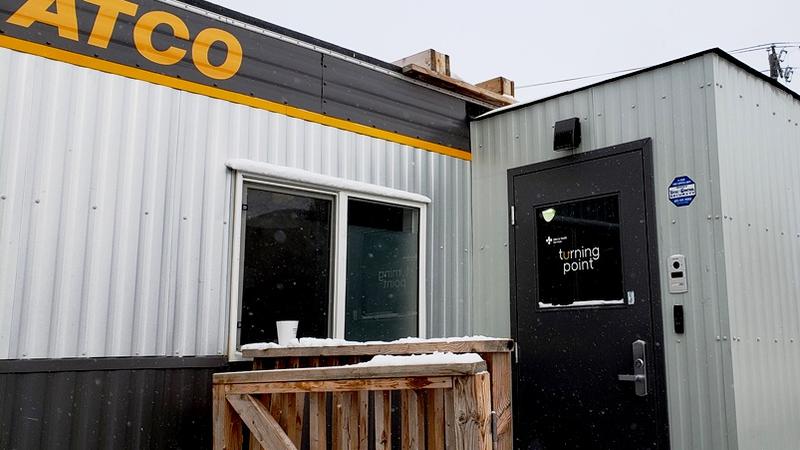
Red Deer’s overdose prevention site going mobile; AHS taking over from Turning Point
The overdose prevention site (OPS) in Red Deer, operated by Turning Point Society, will soon be no more.
Instead, a mobile OPS run by Alberta Health Services will be the mode of delivery for this service, with a transition happening over the next three to six months, the province revealed Friday morning.
This transition is necessary, the province says, to respond to the changing needs in Red Deer while improving the standard of service delivery at the overdose prevention site.
“Overdose prevention services are healthcare services that must meet quality standards to ensure the safety of the community and a high standard of care,” says Nicholas Milliken, Minister of Mental Health and Addiction.


